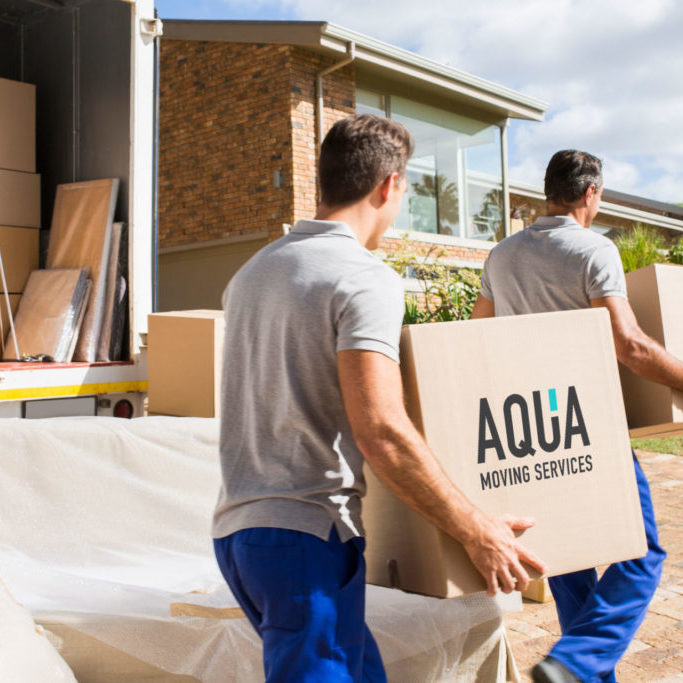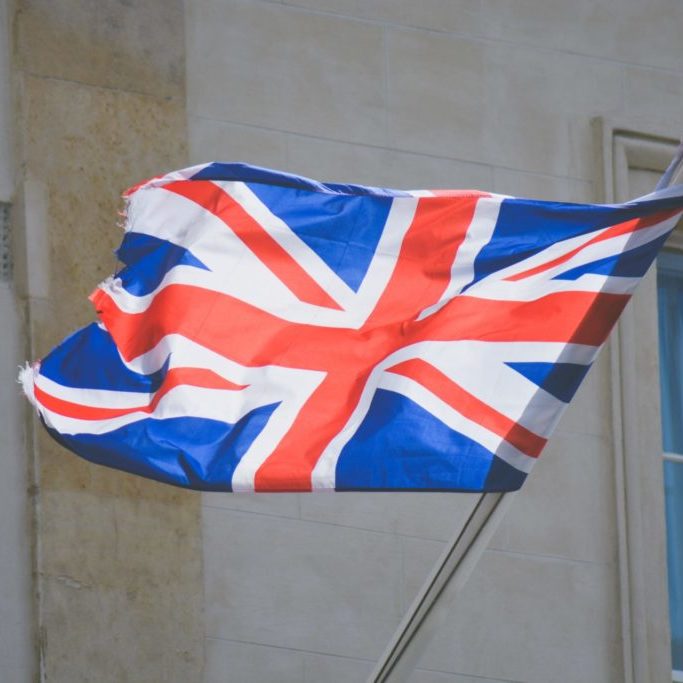UK Customs Rules and Regulations and Prohibited Items: What You Need to Know Before Shipping Your Good

Shipping your goods to the UK can be a hassle-free process if you follow the customs rules and regulations and avoid bringing any prohibited or restricted items. The UK has a list of items that are not allowed or need special permission to enter the country to protect its citizens, economy, and environment. We have written a helpful guide to what you can and can’t ship to the UK which covers everything you need to know to ensure your belongings safe and legal arrival.
For most people, shipping your household effects to the UK is a rare opportunity, so it is important you do your research before your goods are loaded into their container. The thought of this may be daunting, however with the help of a reliable shipping company, like us, all your worries will disappear. At Aqua Moving Services we’ll ensure that the contents of your consignment are fully compliant with UK customs regulations and that you have all the required information to ensure a smooth shipment to the UK. This will make all the difference when your goods reach their destination and begin the customs clearance process.
To limit any bumps in the road, here is everything you need to know about what you can and can’t ship to the UK so you can plan ahead of time and focus on the more enjoyable parts of your move.
UK’s Prohibited and Restricted Items
The UK has its own unique laws and regulations which means they are understandably strict when it comes to their customs rules. As well as the obvious prohibited and restricted items, there are also a few things on the list that could affect you. If items are included in your consignment that do not comply with the rules they will be seized by customs and you could face fines or prosecution for trying to bring them into the UK. These goods are banned outright.
- Controlled drugs (such as heroin, morphine, cocaine)
- Offensive weapons (such as flick knives, daggers, swordsticks, and some martial arts equipment)
- Self-defence sprays (such as pepper spray and CS gas)
- Endangered animal and plant species
- Rough diamonds
- Indecent and obscene materials (such as books, magazines, films and DVDs)
- Personal imports of meat and dairy products from most non-EU countries
Below we have listed some of the UK’s restricted items, however, please note that this is not an exhaustive list. For more information, please feel free to contact us at: info@aquamovingservices.com
Restricted Items
The UK’s restricted items may need to be declared or there may be a maximum quantity that you can import. There are also special requirements for some restricted items if they are considered a threat to the public health or safety.
- If you are aged 17 years or older, you can bring in a maximum of 18 litres of wine or 4 litres of spirits or 16 litres of beer duty-free. If you bring in more than the duty-free allowance, you will be required to pay duty on all your alcohol, not just on the excess. It is best to declare your alcoholic drinks as penalties may be charged if this has not been done.
- If you are aged 17 years or older, you can bring in 200 cigarettes or 100 cigarillos or 50 cigars or 250g of tobacco duty-free. If you bring in more than the duty-free allowance, you will be required to pay duty on all your tobacco products, not just on the excess. It is best to declare your tobacco products as penalties may be charged if this has not been done.
- Animal products. You are not allowed to bring in any meat or dairy products from outside the EU. You can bring in up to 2kg of other animal products (such as honey, eggs, fish) for personal use. You must declare these products at customs, and they may be subject to veterinary checks.
- Plant products. You are not allowed to bring in any plants or plant products (such as seeds, flowers, fruit, vegetables) from outside the EU without a phytosanitary certificate. You can bring in up to 5 plants from within the EU for personal use. You must declare these plants at customs, and they may be subject to plant health checks.
- You can bring in medicines for personal use if they are prescribed by a doctor or licensed pharmacist. You must carry them in their original packaging with a copy of your prescription or a letter from your doctor. You may need a personal licence if your medicines contain controlled drugs (such as morphine) or if you carry more than 3 months’ supply.
- Firearms and ammunition. You need a special licence to bring firearms and ammunition into the UK. You must apply for this licence before you travel and declare them at customs. You may also need to register your firearms with the local police in the UK.
- You must declare cash of 10,000 euros or more (or the equivalent in another currency) if you are travelling from outside the EU. You can do this online or by filling in a form at customs. You may be asked to provide evidence of the source and intended use of the cash.
- Items of cultural interest. You may need a licence to bring in items of cultural interest (such as artworks, antiques, manuscripts) that are over 50 years old and worth more than 39,219 pounds. You must apply for this licence before you travel and declare them at customs. You may also need to pay VAT on these items.
We hope this guide has been helpful and informative for you. If you have any questions or concerns about what you can and can’t ship to the UK, please do not hesitate to contact us at: info@aquamovingservices.com. We are here to make your move as easy and stress-free as possible. Thank you for choosing Aqua Moving Services!











